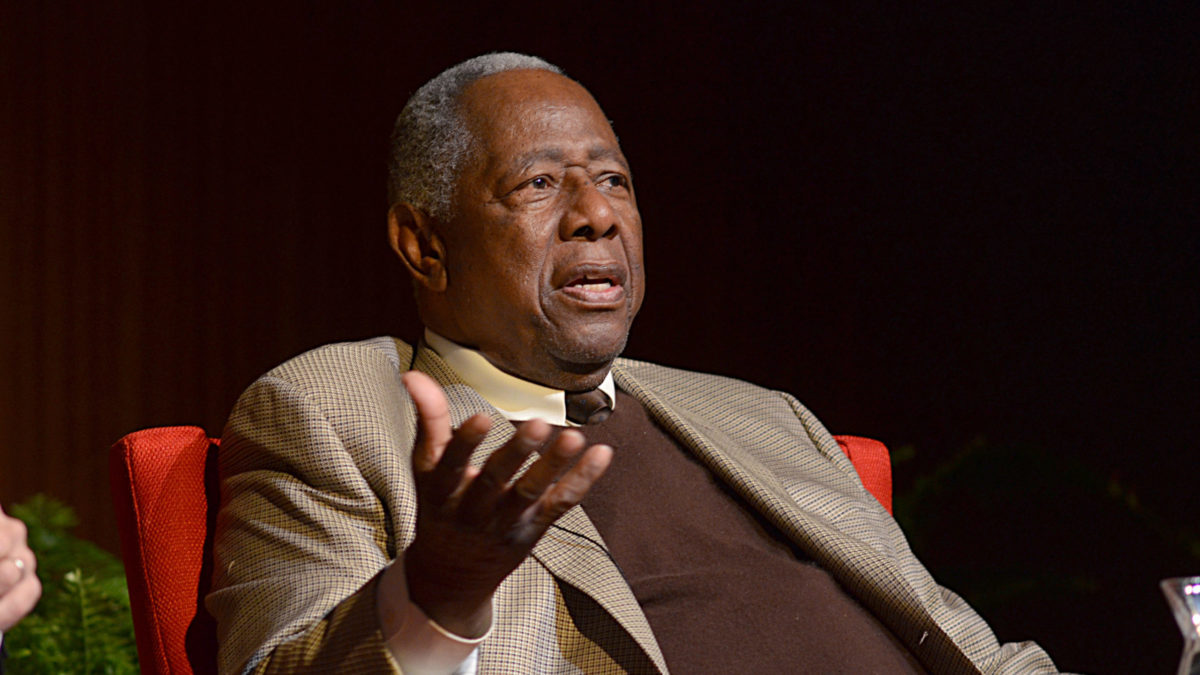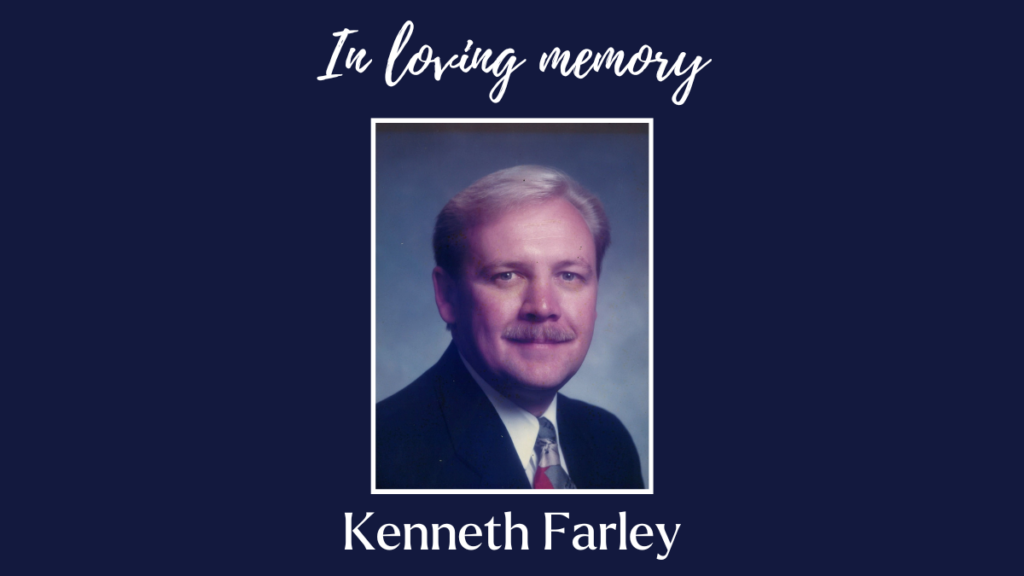Henry Louis “Hank” Aaron — a Mobile native who overcame racism and discrimination to become one of the greatest professional baseball players of all time — has died at the age of 86.
Nicknamed “Hammerin’ Hank” or simply “Hammer,” Aaron held the Major League Baseball record for career home runs — 755 of them — for 33 years. Aaron played 23 seasons in Major League Baseball, from 1954 through 1976. Most of his career, 21 seasons, was spent with the Milwaukee/Atlanta Braves. His final two seasons were spent with the Milwaukee Brewers. He still holds many MLB offensive records.
In 1999, The Sporting News ranked Aaron fifth on its list of the “100 Greatest Baseball Players.” In 1982, he was inducted into the National Baseball Hall of Fame in his first year of eligibility.
Early years
Hank Aaron was born in Mobile to Herbert Aaron, Sr. and Estella (Pritchett) Aaron. He spent most of his early years in Toulminville, a neighborhood of Mobile. Aaron’s family was poor, and he told biographers that he would practice baseball by hitting bottle caps with sticks and by creating his own bats and balls out of materials he found on the streets.
Aaron attended Central High School during the years of segregation and was denied the opportunity to play high school baseball because the school had no team. Instead, Aaron played outfield and third base for the Pritchett Athletics and later the Mobile Black Bears, a semipro team.
Family, baseball and religion were cornerstones of Aaron’s youth.
In a September 1973 article for Guideposts, Aaron said, “My parents were strict with us kids. We had rules, we did chores and we all went to the Baptist church every Sunday.
“There were plenty of spankings too. When I was 15, I was once offered two dollars to play baseball on Sunday afternoon. I turned it down. I knew Mama would never allow me to play ball on a Sunday. My father, Herbert Aaron, was a boilermaker’s helper in a ship-building company and worked long hours to feed and clothe his wife and six children. He didn’t have much time to play ball or talk to us, but when he did, it meant something.”
Aaron and his brother, Tommie, both went on to play Major League Baseball.
Aaron had his first tryout with a MLB franchise, the Brooklyn Dodgers, in 1949 at the age of 15. He did not make the team and went on to finish high school at the Josephine Allen Institute, a private school for African Americans in Mobile.
At age 17, Aaron was signed to a contract on behalf of the Indianapolis Clowns of the Negro American League. Soon after, he received offers from the New York Giants and the Boston Braves. Aaron later said the Braves offer included a little more money, which is why he took it.
He began playing in the minor leagues in 1952 as an infielder but his hitting prowess was evident even then. He was named Rookie of the Year, scoring 89 runs in 87 games with a .336 batting average.
Traveling around the southeast especially, Aaron felt the burden of pervasive racism. Jim Crow laws in the South meant he was often separated from his teammates for lodging and meals.
But Aaron persevered, and on April 13, 1954, he made his major league debut with the Milwaukee Braves. In the seasons that followed, he climbed various MLB lists for everything from home runs to hits to RBIs, a career rivaled by few who have ever played the game.
Faith remained
Faith remained an important part of Aaron’s life. In the Guidepost article, which was published before he broke the home run record, Aaron said:
“I also know this: I need to depend on Someone who is bigger, stronger and wiser than I am. I don’t do it on my own. God is my strength. He gave me a good body and some talent and the freedom to develop it. He helps me when things go wrong. He forgives me when I fall on my face. He lights the way.”
“The Lord willing, I’ll set a new home-run record. If I don’t, that’s okay too. I’ve had a wonderful time in baseball and have enough great memories to last two lifetimes. I have been blessed.”
In spite of hate mail, death threats, taunts and jeers hurled at Aaron because a black man was about to to break Babe Ruth’s record, Aaron persisted in playing the game well.
When asked how he persevered, Aaron, who converted to Catholicism in 1959, told a reporter, “When I was in the ball park, I felt there was nothing that could bother me. I felt safe. I felt like I was surrounded by angels and I had God’s hand on my shoulder. I didn’t feel like anything could bother me.”
On April 8, 1974, Aaron hit his 715th home run, surpassing Ruth’s record. Aaron hit his 755th and final home run on July 20, 1976, which stood as the MLB career home run record until it was broken in 2007 by Barry Bonds.
In retirement, Aaron became a businessman and philanthropist. Hank Aaron Stadium, a baseball park in Mobile, is named in his honor.
In a statement this morning, Atlanta Braves chairman Terry McGuirk said of Aaron’s death:
“We are absolutely devastated by the passing of our beloved Hank. He was a beacon for our organization first as a player, then with player development, and always with our community efforts. His incredible talent and resolve helped him achieve the highest accomplishments, yet he never lost his humble nature. Henry Louis Aaron wasn’t just our icon, but one across Major League Baseball and around the world.”






Share with others: